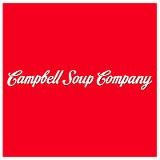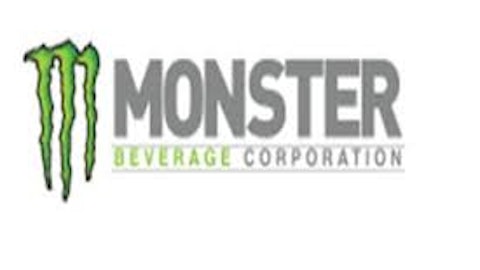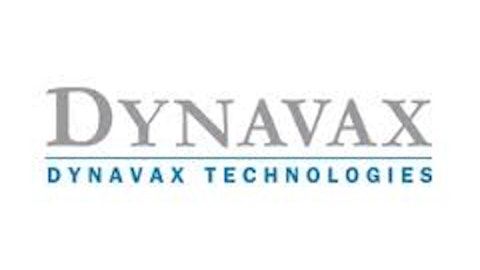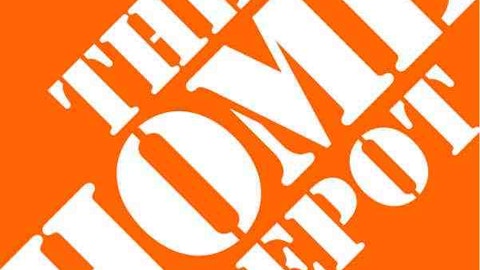The recent acquisition of H.J. Heinz Company (NYSE:HNZ) for $28 billion could be validation for investors to stick with overpriced food and beverage companies. Shares of Campbell Soup Company (NYSE:CPB) popped 5% immediately following the announcement and ended the day with trading volume more than 6x the thirty day average. Investors shouldn’t anticipate another large food deal anytime soon. The Heinz deal was in fact the largest food deal in history. Prior to this, the Kraft Foods Group Inc (NASDAQ:KRFT) purchase of Cadbury in 2010 for $19 billion was the last large scale purchase. First, several of the more entrenched food and beverage companies are just too big to be acquired. Second, even medium sized deals are incredibly difficult to anticipate and just don’t happen that often. Instead, investors should focus on the fundamentals and valuation of the industry in gauging long-term return potential. The outlook in this regard for the food and beverage industry is subpar. Investors seeking a defensive industry for their portfolio should instead consider companies in the health care supply chain.
To prove this point I will did a little head-to-head comparison of a company in each industry.

In the red corner we have the leading soup company in the world- Campbell Soup. In the blue corner is the largest pharmacy benefit manager in the world- Express Scripts Holding Company (NASDAQ:ESRX)
I purposely chose two companies with similar P/E ratios as this is the overwhelmingly preferred tool among investors when it comes to valuation. I personally favor enterprise value to sales and free cash flow yield and it helps round out the income statement and statement of cash flows. The valuation on a sales basis is hugely skewed in favor of Express Scripts. Campbell’s wins on cash flow. Campbell’s does pay a dividend, but the 48% payout ratio implies that dividend growth can only match cash flow growth in coming years. Here Campbell’s faces secular headwinds with organic growth fluctuating around the breakeven line.
Winner: PUSH
A couple key things dominate the growth numbers above. First, Express Scripts 2010 revenue number is skewed by the Medco Health merger. Secondly, both companies have robust operating leverage that allows modest sales increases to lead to outsized earnings increases. Still, Express Script’s operating income and EPS growth is substantially better than that of Campbell Soup.
It seems likely that both company’s growth trends will persist. Campbell’s will continue to face difficult organic growth headwinds given deep market penetration and will rely on acquisitions as exemplified by the recent Bolthouse Farms deal. Express Scripts has a plethora of tailwinds to its growth story. The company will continue to benefit as drug utilization increases with demographic changes. Generic penetration is set to really get a boost as the branded pharmaceutical industry sees numerous key drugs go off patent in the next several years. Higher generic drug utilization helps expand Express Script’s margins as well as grow the top line. Membership usage will also benefit from an improving jobs market and higher health care participation.
Winner: Express Scripts
Prevalent Theme
Express Scripts trades with a similar valuation as Campbell’s but offers much better growth prospects in a cyclically defensive industry. This is prevalent with other names in the health care supply chain as well. Walgreen Company (NYSE:WAG) is another such company and has outperformed the S&P 500 by approximately 10% since I recommended it back in July. The company reported dismal results in the last quarter as it recovers from the Express Scripts standoff. Still, Walgreen is a solid defensive company with modest growth opportunities trading a depressed EV/Sales ratio of just 0.53x. The Coca-Cola Company (NYSE:KO) on the other hand trades at 3.2x. This is not a small gap!

WAG EV / Revenues TTM data by YCharts
The chart below depicts Coke’s price-to-earnings ratio relative to that of the S&P 500. It probably isn’t a coincidence that the stock has underperformed the market after the PE ratio approached an excessive 50% premium to the market during the last year. There is still downside to this elevated ratio before investors should become constructive on the name.
Foolish Bottom Line
Attractively valued stocks are more abundant in the health care supply chain than the food and beverage industry. Investors that need to maintain some defensive exposure should consider adding some cheap health care stocks and sell the richly priced consumer staples names. This doesn’t mean that food and beverage stocks are going to see big declines, but they look poised to lag the performance of several leading health care companies. Better fundamentals and growth tailwinds in the health care supply chain present more upside without having to take on additional risk.
The article Look To This Industry for Safe Stocks originally appeared on Fool.com and is written by Justin Carley.
Copyright © 1995 – 2013 The Motley Fool, LLC. All rights reserved. The Motley Fool has a disclosure policy.





